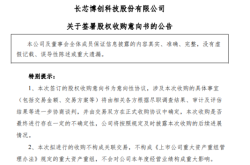Apple invites Yue Yunpeng to hype up privacy, but can't save iPhone sales in China
![]() 07/09 2024
07/09 2024
![]() 753
753
No matter how good the ad is, it's the effectiveness that matters to users.
Apart from a few commercials like the "Crush" for the new iPad Pro, Apple's brand commercials (Television Commercial, abbreviated as TVC) have always been benchmarks in the industry.
From the "1984" ad for the Macintosh computer to "Think Different," from the "Behind the Mac" series to the "Unlock" for iPhone X, Apple's commercials have influenced countless people's brand perceptions and purchasing decisions, making them a "top textbook" for all advertisers.
Early in the morning of July 8, many people either found on Apple's official website or received a push notification from Apple's official WeChat account: Apple's exclusive commercials for the Chinese market were updated.
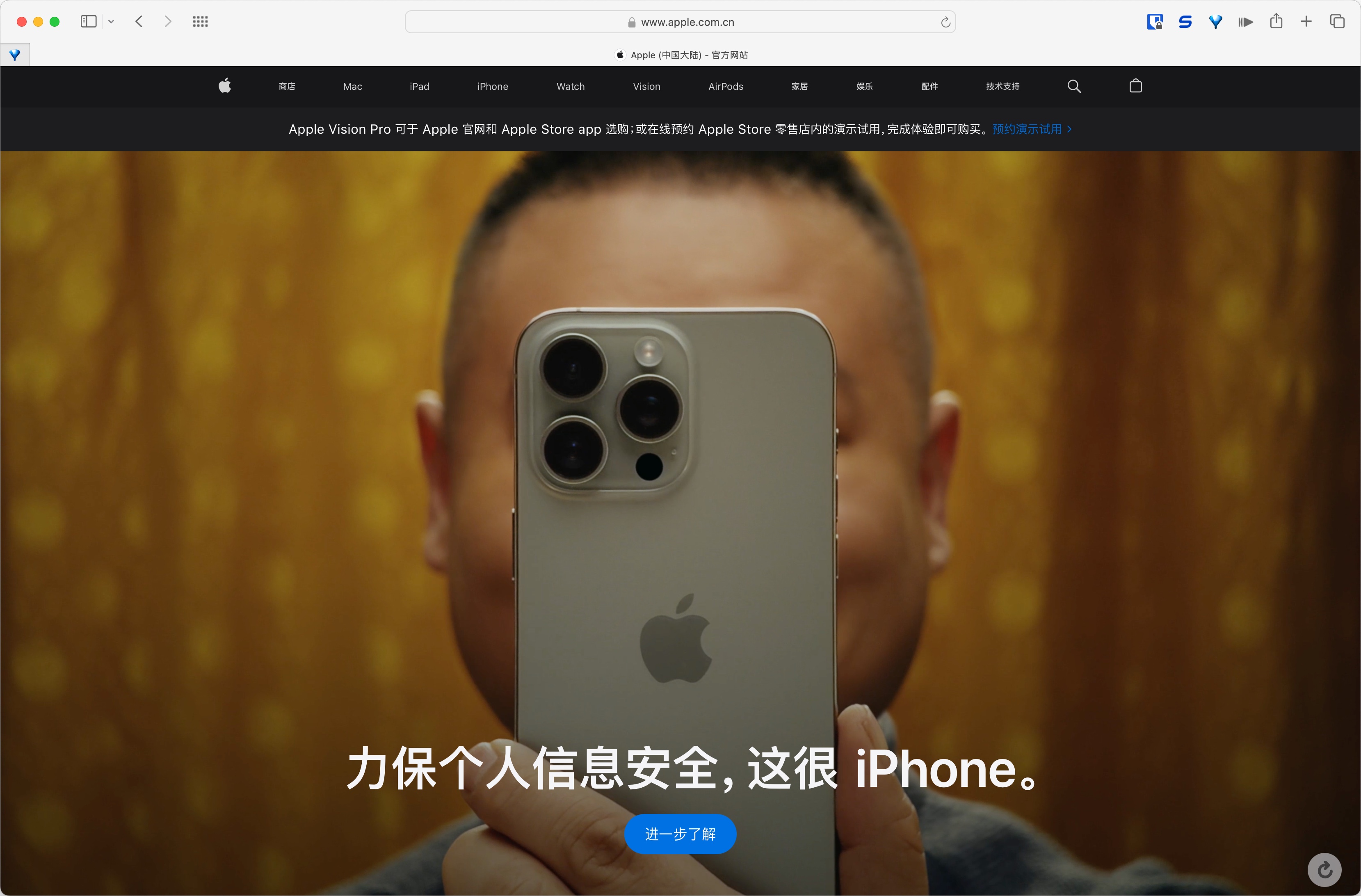
Image/Apple
Like many previous commercials, Apple's latest ones mainly revolve around iPhone's "privacy and security," a theme that has long been a key focus of Apple's iPhone marketing strategy, with various attempts and interpretations.
But slightly differently, apart from the annual "Spring Festival" series, Apple rarely has exclusive commercials for the Chinese market, let alone those related to "privacy and security." Based on public information, it wasn't until last year that Apple introduced a "personified ad" starring Donnie Yen, targeting domestic users, with the core slogan:
Protecting personal information security. That's iPhone.
Moreover, in this ad, Apple invited cross-talk artist Yue Yunpeng, who had publicly criticized iPhone X's Face ID, with the same slogan: "Protecting personal information security. That's iPhone."
It can be seen that Apple seems to want to launch a TVC ad series centered on "privacy and security" for the Chinese market. If this was still unclear when Donnie Yen starred last year, Yue Yunpeng's participation undoubtedly clarifies Apple's intention even more.
But Apple wouldn't launch customized commercials, let alone a series, for the Chinese market without a reason. At the end of the day, the core demands of brand advertising are nothing more than enhancing brand awareness and product sales.
Specifically, for this series of Apple ads, the focus is "iPhone in China." However, in the first quarter of this year, iPhone almost experienced a "Waterloo" in the Chinese market:
Financial reports showed that Apple's revenue in Greater China decreased by more than 8% year-on-year. Various market research firms also reported a sharp decline in iPhone shipments and market share in China. TechInsights even pointed out that Apple had fallen out of the top five in China's mobile phone market.
Advertisements are advertisements, but they are more than just advertisements.
Yue Yunpeng stars again, showcasing iPhone's "privacy and security"
Frankly speaking, from an advertising perspective, Xiao Lei doesn't think Apple's new ads are that good.
Apple filmed two ads, both half a minute long, starring Yue Yunpeng and an Apple employee (wearing an Apple employee T-shirt), respectively focusing on iPhone's "password security management" and "Safari private browsing" experiences.
In the main "password security management" TVC ad, Yue Yunpeng prepares to perform "reciting account passwords" during a cross-talk performance but is stumped by complex high-strength passwords. Then comes a suggestion from the audience to "change it to 8 8s," which Yue Yunpeng applauds.

Image/Apple
This section almost simulates the daily contradiction regarding "passwords" — too complex to remember, too simple to be secure.
Subsequently, the Apple employee emphasizes that "8 8s" are not secure, setting "80 8s" is unrealistic, and introduces iPhone's built-in "Strong Passwords" feature, along with the entire experience of using Face ID to automatically generate, save, and fill in passwords on iPhone.
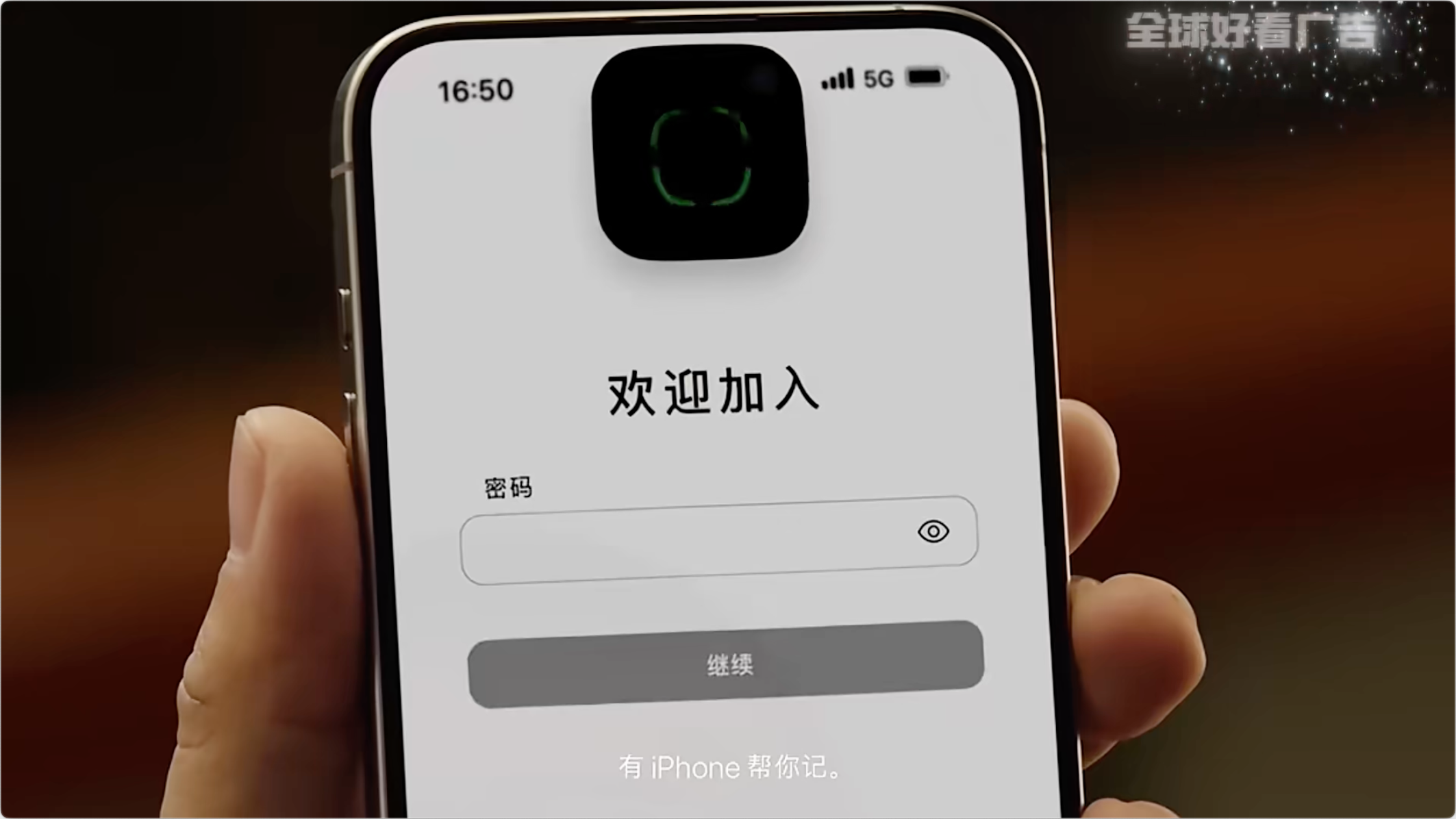
Image/Apple
For many users of password managers like 1Password and Bitwarden, this "password management" method is not unfamiliar. However, Apple's ad clearly targets more general users, comprehensively illustrating the "upgrade" from traditional password management to iPhone password management in a short story. While not stunning, it is concise and clear.
But returning to the actual experience, iPhone does indeed have its unique strengths in password management. The fluency and support of the entire experience are still unmatched by Android platforms, leveraging the system's built-in "Password Management."
Another highlight at the end of the ad is Yue Yunpeng staring directly into the camera and asking, "Who are you? Did you buy a ticket?" Apple does not clarify the meaning of this question, but netizens who have seen the ad point out that they felt an urge to "buy a ticket (iPhone)" right after Yue Yunpeng asked.
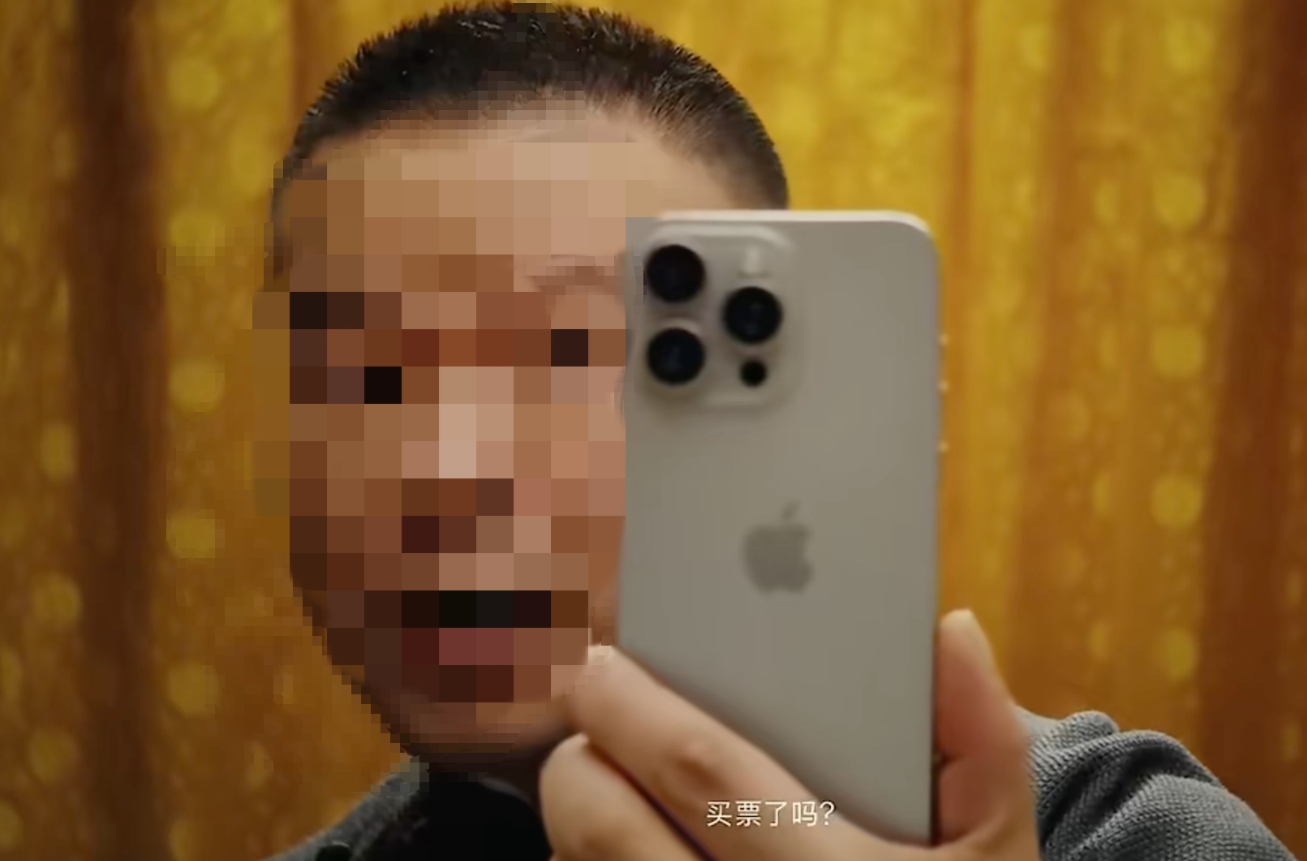
Image/Apple
In another ad focusing on "Safari private browsing," it first tells a story of Yue Yunpeng being bombarded with tracking ads while browsing the internet, and an elderly passerby voices the core viewpoint: Use iPhone's Safari browser to help you block cross-site tracking.

Image/Apple
It then shifts to the angle of preventing "people around you," with the Apple employee introducing the Face ID-enhanced Safari private browsing function.
Another noteworthy point is that while both ads reinforce the perception of iPhone's "privacy and security," compared to last year's series starring Donnie Yen, this year's ads starring Yue Yunpeng are more localized in terms of scenarios, actors, and story content.
This localized expression undoubtedly demonstrates Apple's emphasis on the Chinese market, but at the same time, it may also indicate a sense of urgency.
Sales plunge, can ads stop the slide?
As mentioned earlier, entering 2024, Apple reversed its "dominance" in the Chinese market in 2023. Major market research firms have reported that iPhone shipments are declining sharply. And signs of this change actually appeared earlier.
Based on IDC's report, although Apple surpassed vivo in China's smartphone market in 2023, finally ranking first in China's smartphone sales, iPhone sales in China started to encounter trouble from the fourth quarter of 2023.
The report noted that Apple's shipments in China's smartphone market decreased by 2.2% year-on-year in the fourth quarter of 2023, with market share dropping from 20.6% to 20.0%.
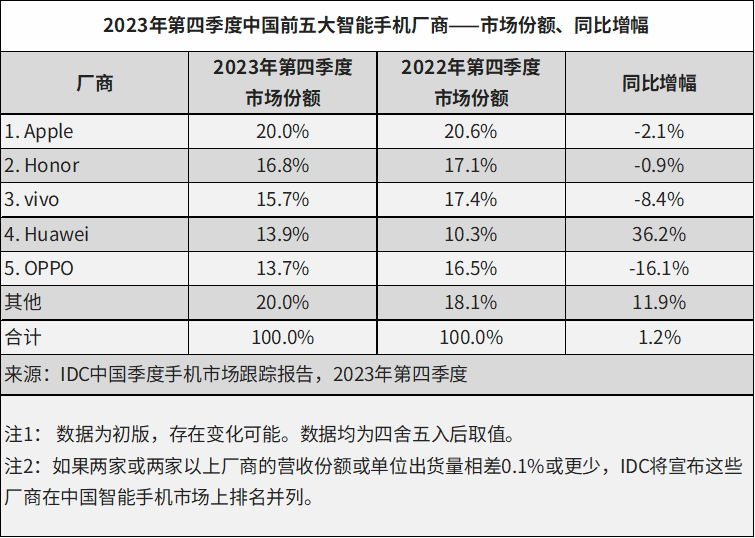
Image/IDC
Reflecting iPhone sales issues is also the 2023 Double 11 promotion. Despite Apple launching an even more aggressive price offensive than previous years, with discounts of up to about 2000 yuan for some less popular models, bringing them down to the price range of domestic high-end phones, the actual results were still unsatisfactory.
Counterpoint Research's statistical report showed that during the 2023 Double 11 period, China's smartphone market sales increased by 5% year-on-year, with Huawei and Xiaomi's smartphone sales growing by 66% and 28%, respectively. In contrast, iPhone sales declined by 4% year-on-year.
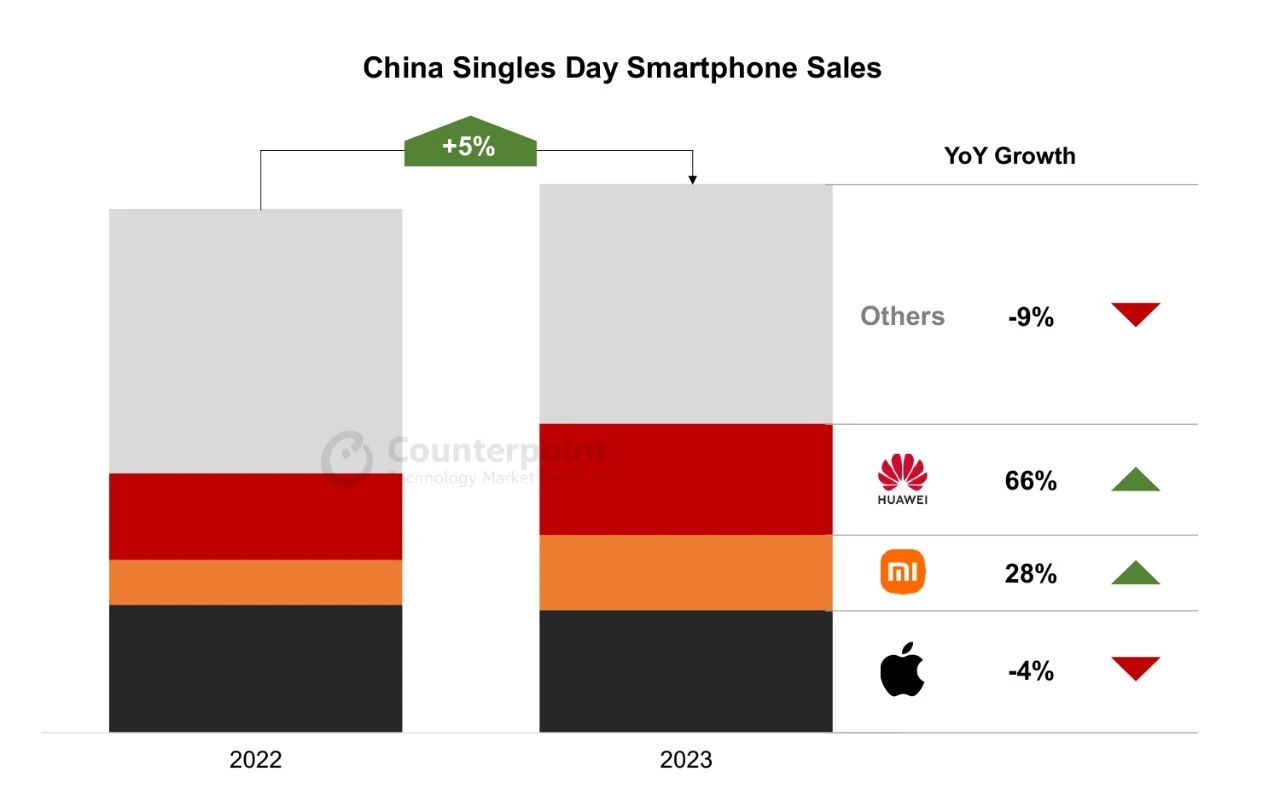
Image/Counterpoint Research
By the first quarter of 2024, the problem became more severe. While China's smartphone market had just ended 11 consecutive quarters of decline, Apple began to "buck the trend."
Counterpoint's report indicated that iPhone shipments declined by 19.1%, with market share dropping from 19.7% to 15.7%; IDC reported a 6.6% decline, with market share falling from 17.8% to 15.6%; Canalys reported a 25% decline, with market share dropping from 20% to 15%.
As we all know, the first quarter is often a "weak period" for iPhone, with more consumers inclined to hold onto their money and wait. But this clearly cannot explain the significant decline in iPhone shipments and market share, nor can a set of ads be expected to change it.
Although Apple's latest exclusive ads for the Chinese market reflect, to some extent, its emphasis on the Chinese market, these ads are more of a continuation of Apple's established marketing strategy. Apple cannot rely on them to reverse its current predicament.
To truly address the issue of declining sales, more changes need to be made in products and strategies. Only in this way can Apple regain its position in the fierce market competition and maintain its leading brand position.
In fact, if we explore the direct reasons for iPhone shipment declines, the fierce competition from domestic phone manufacturers is undoubtedly one of the core factors, especially the rapid growth of Huawei and Xiaomi in China's high-end phone market. But more blame falls on the attractiveness of iPhone products themselves.
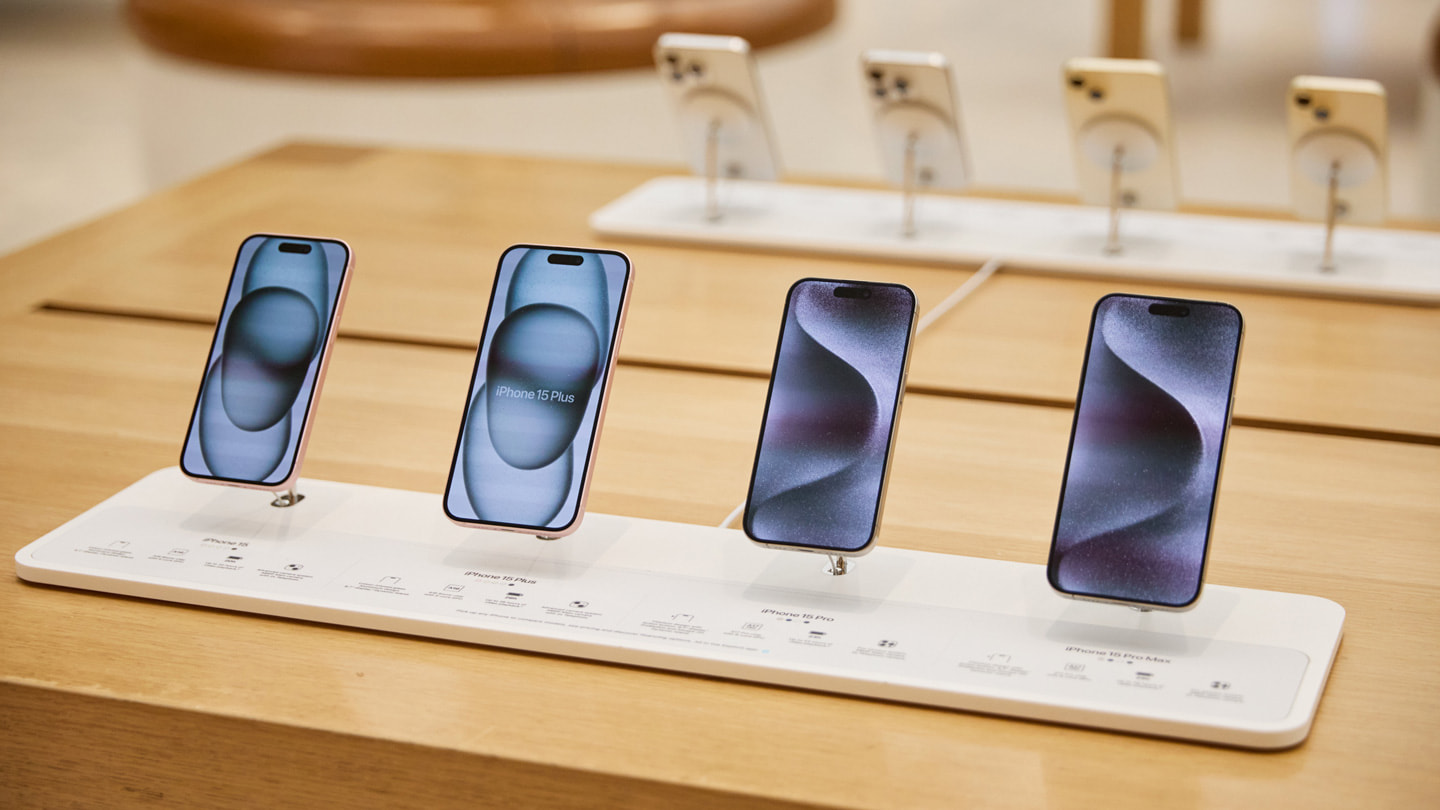
iPhone 15 Series, Image/Apple
While iPhone has always been the most important brand in the global market due to its excellent user experience and ecosystem, consumer needs and preferences are changing in the domestic phone market. More and more users are starting to pay attention to the innovations and progress of domestic brands.
Especially with advantages in photography, battery life, fast charging, signal, and gradual improvement in various shortcomings, more high-end phone consumers have recognized the strong competitiveness of domestic phones.
Against this backdrop, iPhone's product innovation appears somewhat lacking. Although Apple introduces new iPhone models every year, there are no significant breakthroughs in core functions and designs, making many consumers feel insufficient motivation to upgrade.
Price is, of course, also an important factor influencing consumer choices. While Apple tries to attract more users through promotions and price cuts, the high prices are still the main reason why many consumers hesitate to buy. In contrast, domestic brands are more competitive in pricing and can better appeal to consumers in terms of cost-effectiveness.
In short, to reverse this situation, Apple needs to invest more in product innovation and introduce more attractive features and designs to meet the needs of Chinese consumers. At the same time, further optimizing pricing strategies and providing more diversified product options may help Apple regain market share.
Final Thoughts

"Crush" Image/Apple
In early May this year, Apple released the highly controversial iPad Pro "Crush" ad. After sparking massive criticism, Apple's Vice President of Marketing, Tor Myhren, quickly issued an apology statement, saying:
Creativity is in Apple's DNA, and designing products that inspire creativity worldwide is extremely important to us. Our goal has always been to celebrate the ways users express themselves and achieve creativity through iPad. This video missed the mark, and we apologize.
From an advertising perspective, Apple's latest set of ads does address the crucial concerns of ordinary phone users, conveying iPhone's experience and advantages in privacy and security in an era where "privacy protection" has become more important than ever.
If we look at the market impact, whether Apple's marketing strategy can improve its downturn in the Chinese market will require more time and data to verify. But more importantly, Apple needs to make greater adjustments in future product innovation and pricing strategies to regain a favorable position in the fierce market competition.
In a nutshell, only through continuous product improvements and a keen grasp of consumer needs can Apple truly address market challenges and restore its influence in the Chinese market.
In the first half of 2024, the tech industry was abuzz with activity.
Large models accelerated their rollout, with AI phones, AI PCs, AI home appliances, AI search, AI e-commerce, and other AI applications emerging one after another;
Vision Pro went on sale and entered the Chinese market, reigniting the wave of XR spatial computing;
HarmonyOS NEXT was officially released, transforming the mobile OS ecosystem;
The automotive industry fully entered its "second half," with intelligence becoming a top priority;
E-commerce competition intensified, with lower prices and better services;
The wave of going overseas surged, with Chinese brands embarking on their globalization journey;
...
As July blazed on, Leitech's Mid-Year Review special went live, summarizing the brands, technologies, and products worth noting in the tech industry in the first half of 2024, documenting the past and looking forward to the future. Please stay tuned.
Source: Leitech

